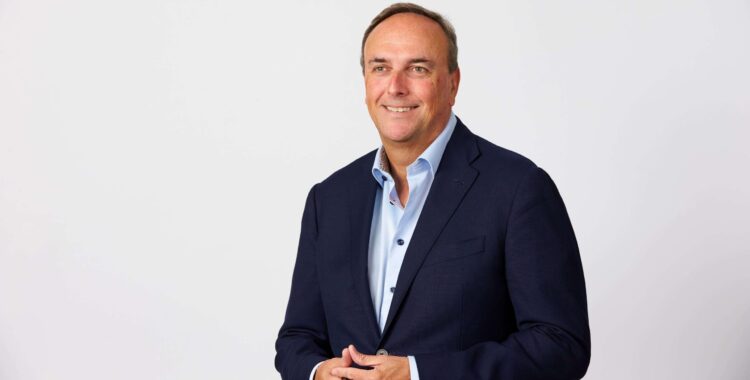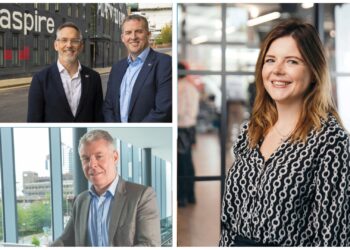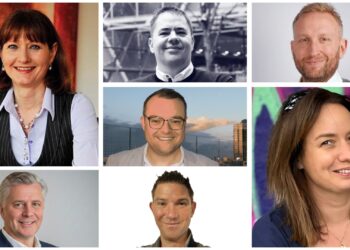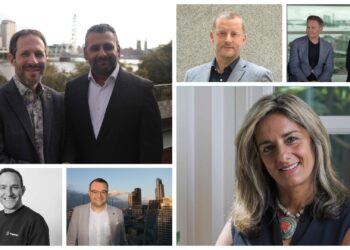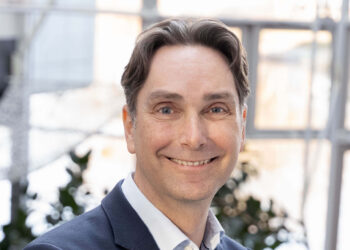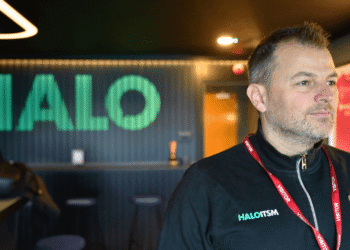Ultima is now juggling 25-30 circular IT opportunities at any one time amid rising public sector demand, its CEO Scott Dodds has told IT Channel Oxygen.
The inclusion of a Sustainability and Circular IT Lot in the recent £12bn TePAS 2 framework was hailed as a “huge step forward”.
Dodds, however, said the increased appetite among public sector customers for circular IT services is coming just as much from outside this specific Lot, despite its estimated £300m purse.
Utlima was one of the few suppliers to score a clean sweep of all eight TePAS 2 Lots.
“We have around 25-30 opportunities at any one time in the area of circular IT – second-life usage, refurbished and then disposal,” Dodds told IT Channel Oxygen following the launch of our Second Life Hub.
“The reality is we are including it and talking about it more from a partner perspective.
“We became a big part of TePAS 2 and although we’re seeing things come through Lot 7, it’s not in massive volumes at this point. Some of it is coming through in other Lots and bids, so it’s blend.”
Money talks
How do partners make money from selling circular IT, particularly given the perceived lack of progress among vendors to incentivise takeback and resale of second-user hardware?
“Clearly from an economic point of view, yes, there’s a disincentive,” Dodds said.
“But I think from an Ultima perspective it’s more around the services capability of what we’re trying to do overall with how we manage that relationship, and that’s about efficiency.
“It’s not just about second life, but the disposal piece and reuse of those materials back into the supply chain for new.
“My real concern is that the planet is running out of some of those raw materials.”
Urban mining momentum
On that note, Dodds said Ultima has become a big partner of n2s, whose Executive Director Andy Gomarsall Dodds praised for his dedication to evangelising circular IT.
“I love Andy’s and n2s’ concept of urban mining,” he said.
“I think that’s a great way to describe it, ie how we can use the ‘urban mine’ of all the devices we have lying around.
“They should not be going to landfill, but instead into the digital leaching process Andy has, or to other places, to get the copper and other precious metals out.
“It should be an absolute no brainer. But it still feels a bit slow. It doesn’t feel like it’s top of mind for every company… yet.
“And that’s an industry problem as well. I don’t think it’s something we’re all joined up on.
“We’re all doing our own thing and driving towards net zero and all these topics, but I don’t know that we’re actually hooked up on how we do that at scale.”
AI benefits “will massively outweigh the negatives”
As for the brewing debate over whether AI is a friend or foe to sustainability, Dodds said he can see both sides.
“A lot of people will focus on the negatives of AI in terms of the cost and power hungriness, but I think the benefits will massively outweigh that in the medium term,” he said.
“The use of AI is going to highlight where we can get smarter and better across all areas of the world and industry. By allowing businesses to become more efficient, AI will have its own impact.
“Despite datacentres becoming more power hungry, I think with AI you’re going to see the benefits of some of the things software can do really coming to the fore in the next few years, and accelerating the drive to net zero.”
Doug Woodburn is editor of IT Channel Oxygen


